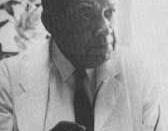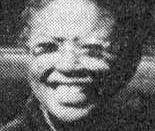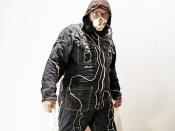In the 1960s several cases of human rights abuse through research came to light1. In the field of biomedical research, examples include the secret radiation experiments carried out on sick and healthy people by the US Energy Department in the 1940s and 1950s, and the Tuskegee study to investigate the effects of untreated syphilis on illiterate black men by the US Public Health Department (1932-1972)1. In the field of political science, Project Camelot was started in December 1964 by the US Defense Department to try to establish the factors which led to internal conflict in Latin American countries. Social scientists protested vehemently at what they saw as a blatant attempt by the US Government to interfere with potential revolutions in Latin America, and the project was abandoned in June 1965 before any fieldwork was undertaken1. These experiments have become notorious: their methods were invasive and harmful, and the results they were intended to generate might not have had any practical use.
They were certainly carried out by powerful organisations using comparatively powerless groups as research subjects.
In psychology, the obedience experiments by Stanley Milgram conducted in the early 1960s led volunteers to believe they were giving people dangerous electric shocks to investigate the effects of punishment on memory and learning2. Before carrying out his experiments, Milgram consulted a number of experts, including psychiatrists, to gather their opinions as to whether people were likely to obey orders to administer such shocks. The consensus of opinion was that very few people were likely to obey in such circumstances3. In fact, the vast majority did obey, some continuing to obey the experimenter's orders to administer shocks even when they thought they had killed the recipient2.
Milgram's experiments have generated numerous discussions of the ethical issues raised1. He worked at the prestigious Yale University,


